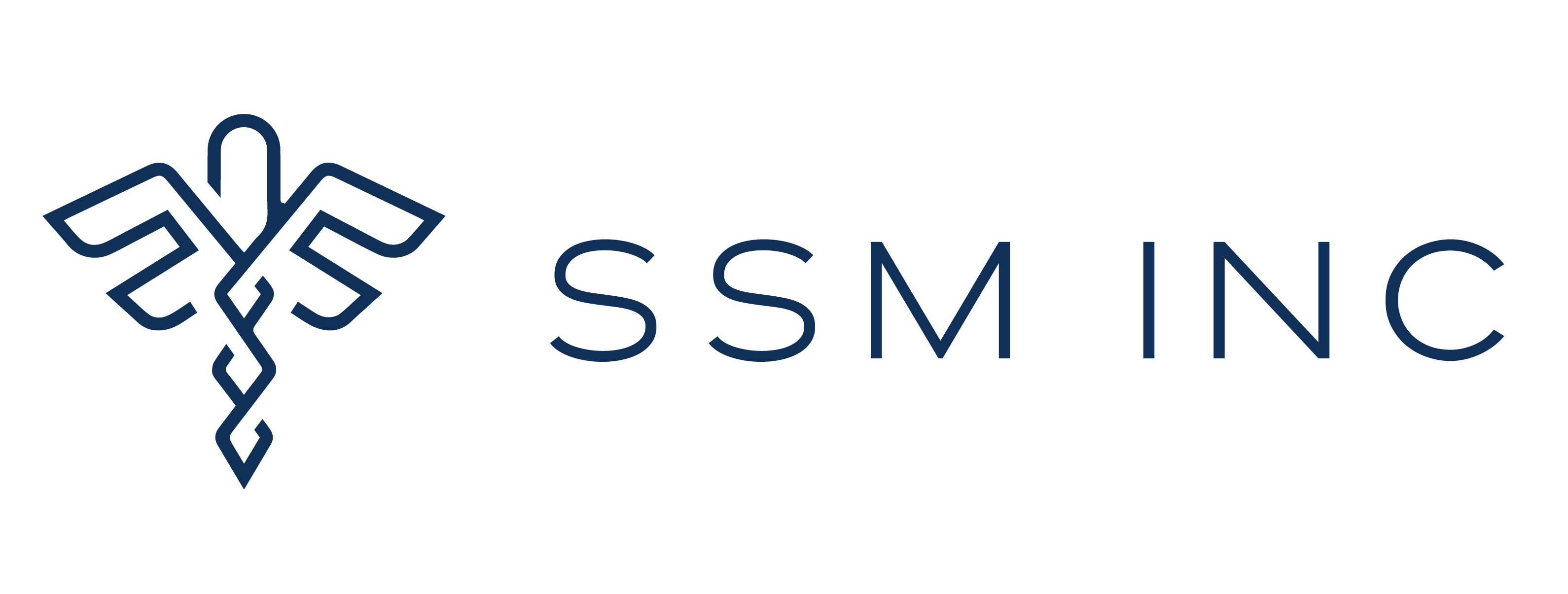Medical Sales Jobs
The Allure of Medical Sales Jobs
If you’re seeking a career that combines your passion for healthcare, communication skills, and desire for a lucrative profession, look no further than medical sales jobs. As the bridge between healthcare professionals and medical product manufacturers, you’ll find yourself in a dynamic, fulfilling role that offers numerous growth opportunities.
Medical Sales Jobs: What Do They Entail?
Medical sales representatives, or “med reps,” connect healthcare providers with innovative medical products and services. They build relationships with key decision-makers, offering product demos, education, and support. By staying current with industry trends and clinical research, med reps drive sales while contributing to improved patient outcomes and healthcare quality.
Qualifications: What You’ll Need to Get Started
To become a successful medical sales representative, you’ll typically need a bachelor’s degree, preferably in a life sciences or business-related field. Strong interpersonal and communication skills are essential, along with the ability to understand complex medical concepts. Sales experience, especially in the healthcare industry, and a results-driven mindset will further boost your prospects in this rewarding career.
Types of Medical Sales Jobs: Devices, Pharmaceuticals, and More
The medical sales field offers diverse opportunities, including pharmaceutical sales, where reps promote medications to healthcare providers; medical device sales, which involves selling cutting-edge equipment and technology; and biotech sales, focusing on innovative therapies and products. Additionally, there are roles in diagnostic sales, selling testing solutions, and medical equipment sales, catering to various healthcare needs.
Essential Skills for Medical Sales Success
To be successful in a medical sales job, you will need a combination of interpersonal, communication, technical, and analytical skills. Here are some essential skills to master:
Product knowledge
Understand the medical devices, equipment, or pharmaceuticals you are selling, along with their benefits, usage, and any potential side effects. Continuous learning about new products and industry trends is crucial.
Communication skills
Be able to clearly and effectively communicate product information, address questions, and convey the value of your products to potential clients. Strong verbal and written communication skills are vital.
Interpersonal skills
Build strong relationships with clients, understand their needs, and establish rapport. You will also need to work well with colleagues, suppliers, and other stakeholders.
Sales techniques
Develop and implement effective sales strategies, such as prospecting, cold calling, networking, and conducting presentations. Be able to close deals and achieve sales targets consistently.
Time management
Prioritize tasks, manage your schedule, and handle multiple responsibilities simultaneously. This includes planning, organizing, and balancing the demands of a sales role.
Negotiation skills
Successfully negotiate contracts and pricing with clients, while maintaining a win-win relationship that fosters long-term partnerships.
Analytical skills
Analyze market trends, identify opportunities, and develop strategies to increase sales. This includes understanding customer and competitor data to drive informed decision-making.
Adaptability
Be open to change and able to adapt your approach to different situations, customer preferences, and new product offerings.
Resilience
Stay motivated and persevere through challenges and setbacks, as sales roles can be competitive and demanding.
Technical skills
Be proficient in using various software and tools, such as customer relationship management (CRM) systems, spreadsheets, and presentation software.
Compliance
Understand and adhere to industry regulations, ethical guidelines, and company policies to maintain a professional image and ensure customer trust.
Questions & Answers About Medical Sales Jobs
Embrace the Exciting World of Medical Sales Jobs
As you embark on your journey in the world of medical sales jobs, remember to stay informed, continuously develop your skills, and maintain a healthy work-life balance. Embrace the challenges and opportunities that come your way, and always strive for growth and success. With dedication, passion, and hard work, you’ll find yourself thriving in this rewarding and fulfilling career. So, take the first step and discover your potential in the ever-evolving medical sales industry today!
